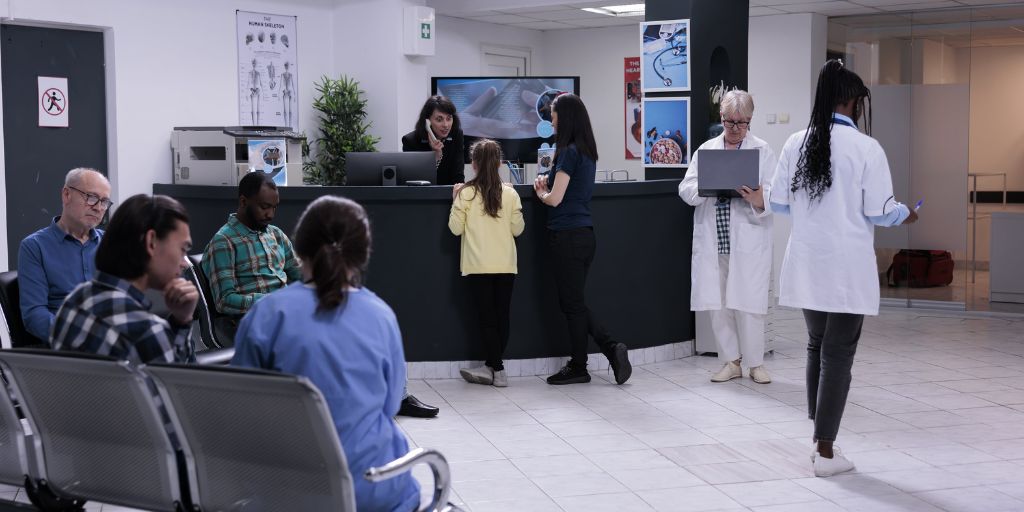
There has been a lot of coverage in the press recently about the pressures that the NHS is facing. Ageing populations, an increase in chronic diseases and backlogs from COVID-19 have left numerous waiting lists at the highest levels ever.
Hospitals are overflowing and workers are burning out, so changes clearly need to be made. Here are just some adjustments the NHS could make to help with rising demand.
Increase capacity
Space seems to be a continuous issue within healthcare settings. Often, there are stories of patients being left in waiting rooms or corridors because they require treatment and there isn’t enough ward space.
Investment, where possible, should be considered for expanding overburdened hospitals. Modular building hire is an efficient and flexible option to quickly increase bed capacity. There is also the potential for collaboration with outpatient clinics and other health centres as a way to divert non-urgent patients away from the worst-hit hospitals.
Where you are increasing bed space, the workforce needs to be increased at the same time. Making sure current staff members have adequate support will prevent further burnout and time off. Offering competitive compensation, training opportunities and better working conditions will also help keep staff turnover low.
Demand management
Given that many patients can and do receive care outside of hospitals, we should look to improve GP and outpatient services.
Start by taking a proactive approach to certain aspects, such as wellness programs and disease prevention. Offering community support will help the wider public to take control and responsibility for their own health. This could include drop-in diabetes clinics, pain management support and services to quit smoking.
By helping to reduce the prevalence of diabetes complications, for example, you are reducing the stress on emergency services, which has a knock-on effect on patients who need immediate help.
Optimise existing resources
To help reduce the strain on hospital resources, the NHS should embrace remote technological advancements such as remote monitoring technology and AI-powered solutions. Hospital stays for relatively minor issues take time and space away from more urgent cases simply due to the need for monitoring. Investing in these remote devices would enable patients to return home much sooner while still allowing their vitals to be checked periodically.
Furthermore, AI-powered tools can automate administrative tasks, such as charting and processing prescriptions, freeing up staff to focus on patient wellbeing and discharges. This could include more personalised patient education and discharge planning.












